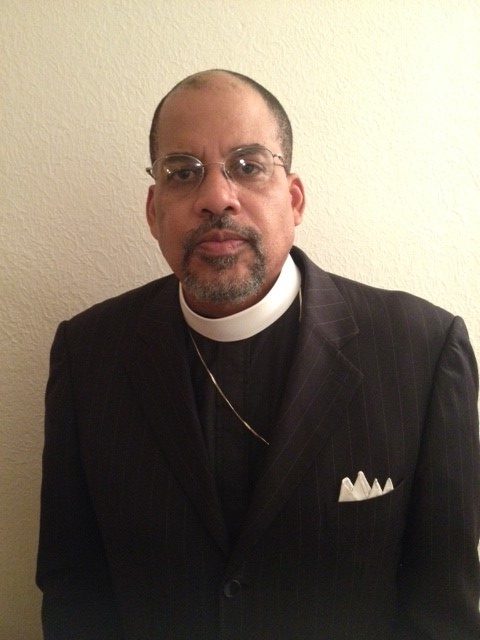The Gift of Black Theological Education and The Black Seminary Collaborative
By Dr. Herman O. Kelly, Jr.
I was fortunate to complete continuing education unit (CEU) hours from The Gift of Black Theological Education and The Black Seminary Collaborative sponsored by Payne Seminary from January to June 2021. When Dr. John Thomas approached me, I was excited because I could be a student. I tell my students at Louisiana State University, “a good teacher must always learn to be a good student.” The program consisted of twelve one-hour learning modules, and due to COVID-19, these learning modules were presented through technology. This virtual platform added to my learning curve and allowed me to enhance my technology skills.
The presentations were directed by well-known theological scholars who pushed participants to think critically from a Black theological perspective. The overall concern was to remind us of the importance of Black theological training. The collaborative was a combination of all the Black Seminaries that actively train clergy for ministry. We were challenged by the Rev. Dr. Alton B. Pollard, the Rev. Dr. Heber Brown, Dr. Eddie S. Glaude, Jr., and others. We were asked to think and reflect from our marginalized existence as Black theologians. The program challenged us to explore the following questions: How do we do theology from the context of Blackness in America? How do we articulate the message from the seminary to our 80-year-old grandmothers who know about the saving power of Jesus Christ, a way-making God and faith and grace? However, the question that made us evaluate our work throughout the learning modules was: “Are we truly communicating the word of God with clarity and power?” I was engaged and challenged with each session to remember the persons to whom we preach and teach regarding the salvation of Christ. The module leaders gave us hard questions to wrestle with and rubrics to unpack for clarity and understanding.
We had one session focused on young people in our congregations and ministry settings. When this module was completed, I involved some young people at Bethel African Methodist Episcopal Church in Baton Rouge, Louisiana, to help me articulate and clarify the message in their language and context. The module on young people was an important step toward including our legacy in theological work.
I would highly recommend this course for anyone who wants to do serious theological work and expand his or her framework for a new and different age. The hard questions made me think and reflect on my foundational theology. As a graduate of two white Seminaries, Boston University School of Theology and Memphis Theological Seminary, this experience challenged me to remember my old landmarks from St. Paul AME Church in Jacksonville, Florida, which helped shape my theology and my personhood for Christian ministry. It was the pastor and my parents who helped me see the saving power of Jesus. As the Chairperson of the Board of Examiners of the Eighth Episcopal District, we require our candidates to study and reflect theologically and use critical and practical thinking. Since that is the case, I must continue to be theologically relevant and prepared to give direction and mentorship to a new era of preachers, teachers, and theologians. This charge is my reason for taking this engaging and thought-provoking course.
Dr. Herman O. Kelly, Jr. is the pastor of Bethel African Methodist Episcopal Church in Baton Rouge, Louisiana. He also serves as an adjunct instructor in the African and African American Studies Department, College of Education at Louisiana State University. He is the newly appointed advisor National Association of Colored People (NAACP) at Louisiana State University.





